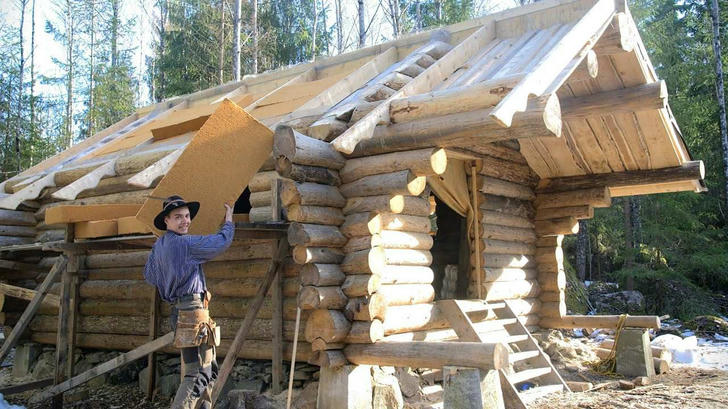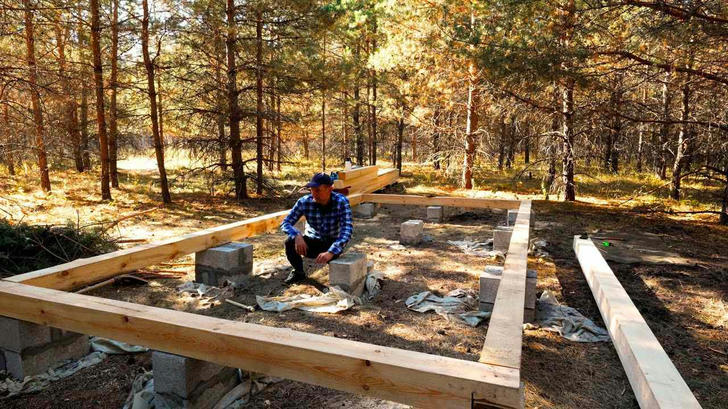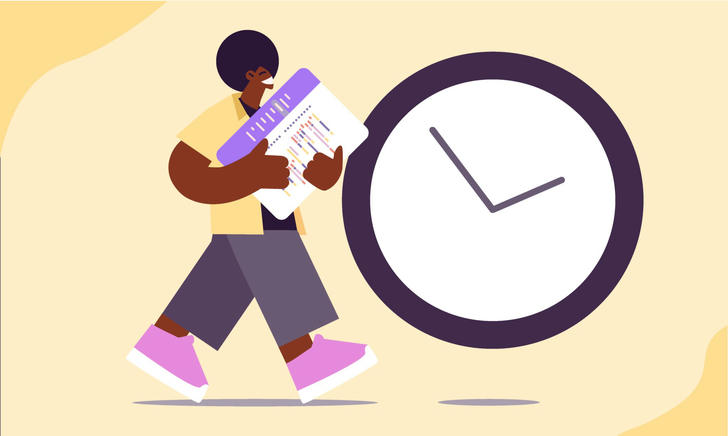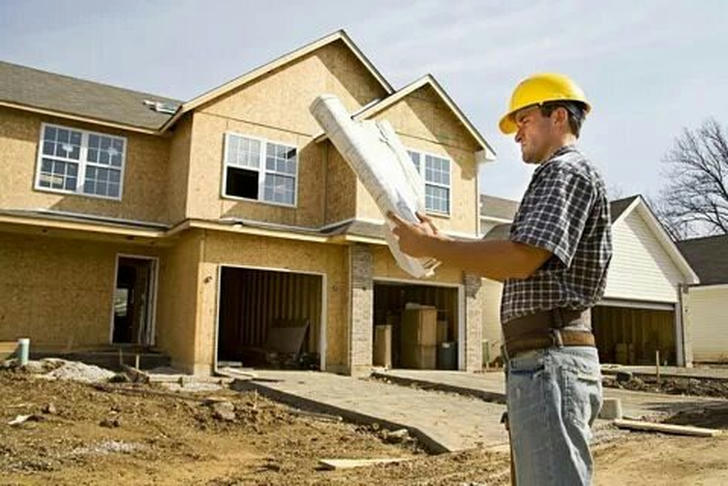What Are the Top 10 Questions to Ask Before Hiring a Log Cabin Builder?
Picking the right builder for your log cabin is essential for getting a well-built, lasting home. A knowledgeable builder knows the ins and outs of local regulations, materials, and design choices, helping to turn your vision into reality while steering clear of expensive hiccups.

By asking the right questions, you can clarify expectations, enhance communication, and spot potential issues early. This process helps you evaluate the builder's experience and expertise, enabling informed decisions. Such a proactive approach fosters collaboration, resulting in a smoother construction process and a successful log cabin project.
Here are the top 10 questions to ask before hiring a log cabin builder:
Question 1: What experience do you have with log cabin construction?
A builder's experience is vital because it directly impacts the quality of construction and craftsmanship. Experienced builders understand local regulations, handle challenges effectively, and are familiar with various materials and techniques. Their knowledge ensures your log cabin is built to last and meets your design expectations, ultimately providing peace of mind.

Question 2: Can you provide references or examples of your previous projects?
Checking references is crucial in evaluating a builder's reliability and quality of work. It provides insights into their past projects and customer satisfaction. When assessing previous work, look for consistency in craftsmanship, attention to detail, and overall design execution. Request to see completed cabins and ask previous clients about their experiences, including how the builder handled challenges and communication. Online reviews and ratings can also help, giving you a comprehensive view of the builder's reputation and capabilities.
Question 3: What types of materials do you recommend for log cabins?
Discussing material options, such as logs, insulation, and roofing, is essential because these choices directly impact the cabin's durability, energy efficiency, and overall appearance. Different log types offer varying levels of insulation and maintenance needs, while roofing materials influence longevity and style. Considering durability ensures the cabin withstands environmental challenges, while aesthetics allows you to achieve the desired look and feel. Together, these factors contribute to a comfortable, functional, and visually appealing log cabin that meets your needs for years to come.
Question 4: How do you handle permits and comply with local building codes?
Understanding local regulations is crucial because it ensures your log cabin complies with building codes, zoning laws, and environmental guidelines. This knowledge helps avoid legal issues, fines, and costly modifications, ultimately leading to a smoother construction process and successful project completion.
A builder's approach to managing permits involves thoroughly researching local regulations and obtaining the necessary approvals before construction begins. They should handle paperwork efficiently, communicate with local authorities, and ensure all requirements are met. This proactive management minimizes delays and ensures the project complies with legal standards throughout the process.
Question 5: What is the estimated timeline for completing the project?
To set realistic expectations for project duration, discuss timelines with your builder, considering factors like design complexity, material availability, and weather conditions. Establish clear milestones and maintain open communication throughout the process to address any delays or changes promptly.

Several factors can influence project timelines, including the complexity of the design, availability of materials, weather conditions, and the builder's workload. Changes in project scope, permitting delays, and unforeseen site challenges can also affect timelines, making effective communication and planning essential for staying on track.
Question 6: How do you manage project costs and budget overruns?
The cost estimation process involves assessing various factors such as materials, labor, permits, and any additional features when planning a log cabin project. Builders typically provide detailed quotes that break down these costs to give clients a clear understanding of what to expect. This transparency is crucial for budgeting, as it helps clients avoid unexpected expenses and ensures they can allocate resources effectively. A well-defined cost estimation also fosters trust between the builder and client, encouraging open discussions about adjustments and prioritizing elements within the project. Overall, it sets a solid foundation for financial planning throughout the construction process.
Question 7: Do you offer customization options for the designs?
Personalization and flexibility in log cabin design are essential for creating unique spaces that reflect individual preferences. Common customization requests include adjustments to layout, such as adding extra rooms or open-concept living areas, choosing specific materials for walls and flooring, and incorporating features like large windows or wraparound porches. Additionally, clients often seek energy-efficient upgrades, custom cabinetry, and outdoor living spaces. These personalized touches not only enhance functionality but also ensure the cabin truly feels like home, tailored to the owner's lifestyle and tastes.
Question 8: What warranties or guarantees do you provide?
Warranties are crucial for providing peace of mind to homeowners, as they protect against potential defects in materials or workmanship after the construction of a log cabin. Knowing that a builder stands behind their work can alleviate concerns about future repairs or unexpected costs. Typically, warranties offered include structural warranties covering foundational elements, workmanship warranties for labor quality, and manufacturer warranties for materials like roofing and appliances. These warranties ensure that homeowners are supported for a specified period, promoting confidence in their investment and encouraging a long-lasting relationship with the builder.
Question 9: How do you ensure quality control throughout the building process?
Builders maintain quality standards through a combination of rigorous processes and skilled craftsmanship. This includes utilizing high-quality materials, following established building codes, and employing experienced tradespeople. Many builders implement quality control measures such as regular inspections at key stages of construction, ensuring that all aspects meet or exceed expectations.

Regular inspections are crucial for identifying issues early, allowing for timely corrections and preventing costly repairs down the line. Open communication between the builder and homeowner is equally important, as it fosters transparency and trust. This dialogue ensures that any concerns or adjustments can be addressed promptly, contributing to a smoother project and a finished product that aligns with the homeowner's vision.
Question 10: What is your communication process during the project?
Clear communication is vital in the building process as it helps align expectations between the builder and the homeowner. It reduces misunderstandings, ensures that the project stays on track, and fosters a positive working relationship.
To keep homeowners informed, builders can utilize tools such as project management software for real-time updates, regular progress meetings, and detailed timelines. Additionally, providing written documentation and visual aids, like photos or 3D models, can help homeowners visualize the progress and make informed decisions, ultimately enhancing satisfaction throughout the construction journey.
Asking the right questions before hiring a log cabin builder is essential for a successful project. It helps clarify expectations and ensure a strong partnership. Take the time to inquire about experience, materials, and timelines to ensure your vision is realized in the final build.
